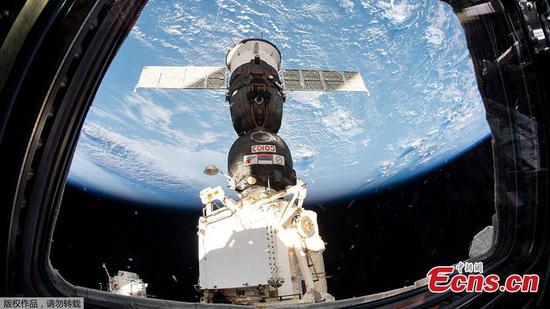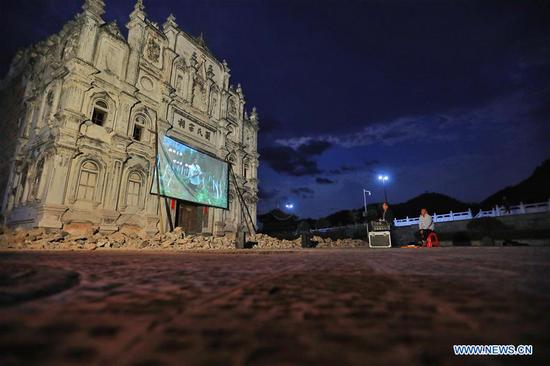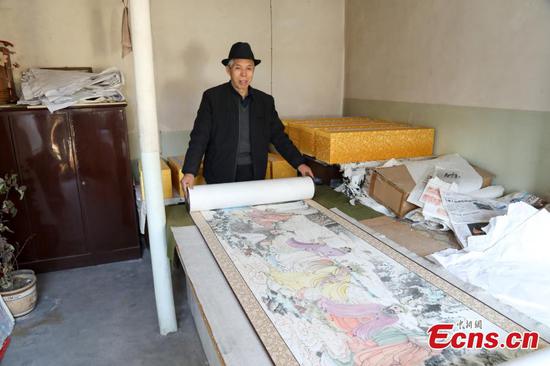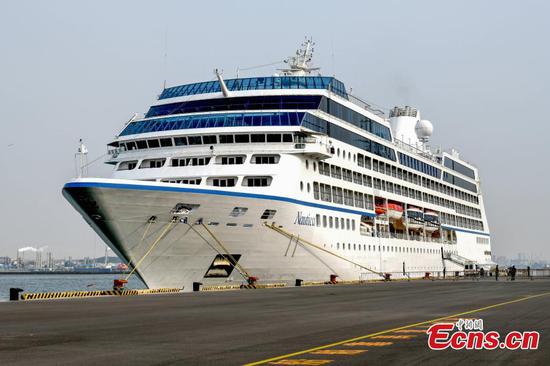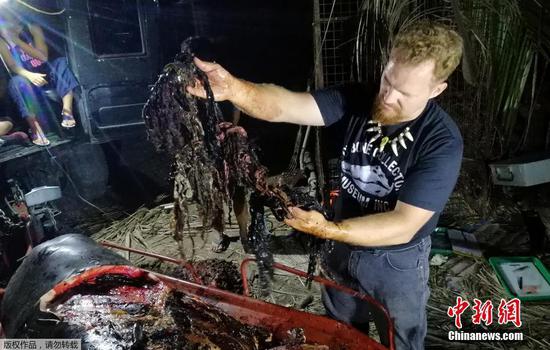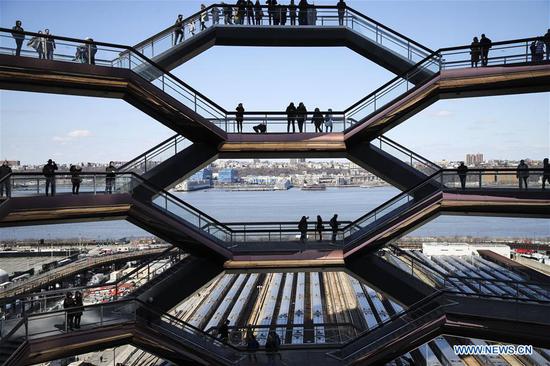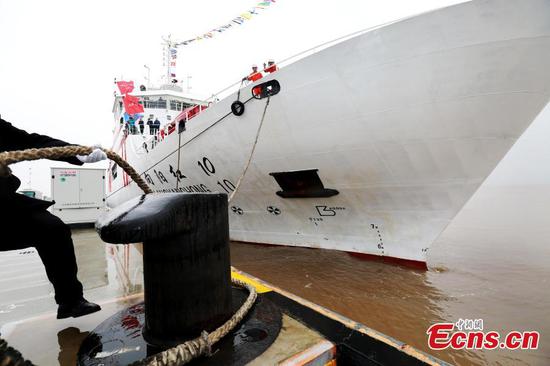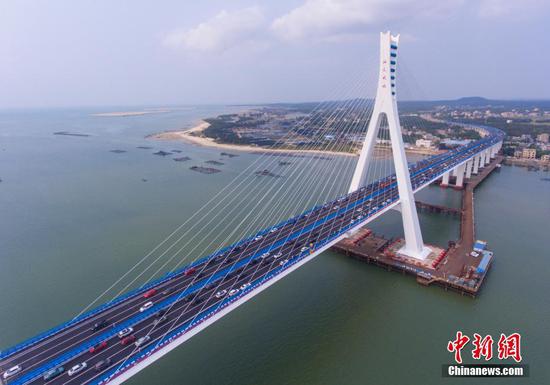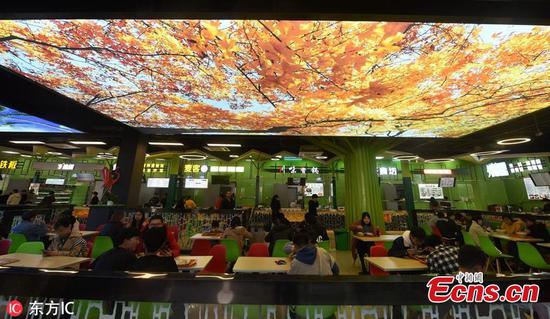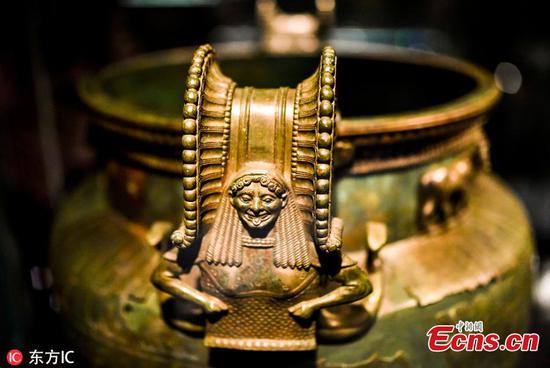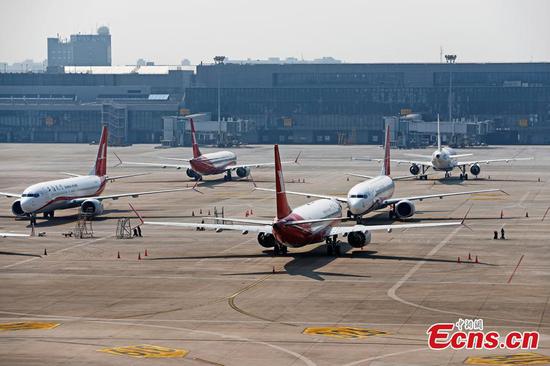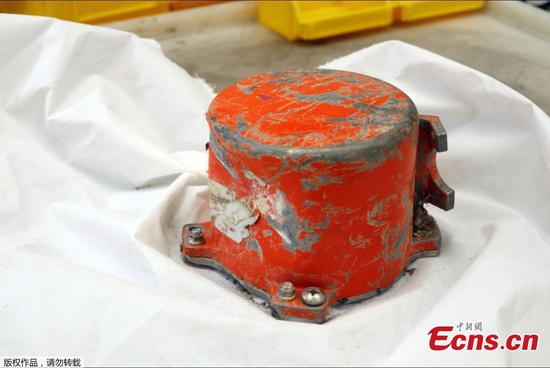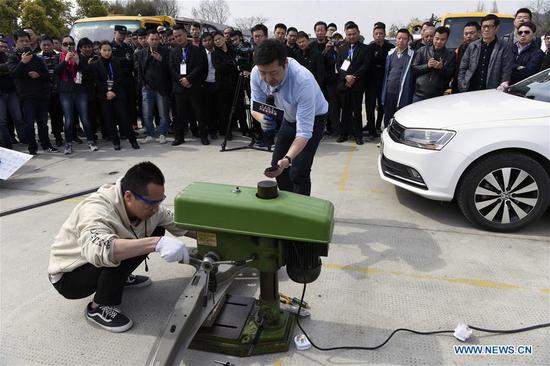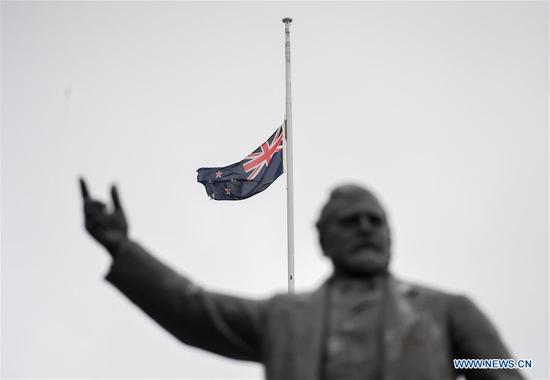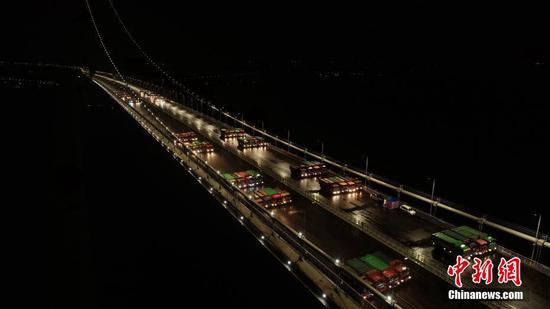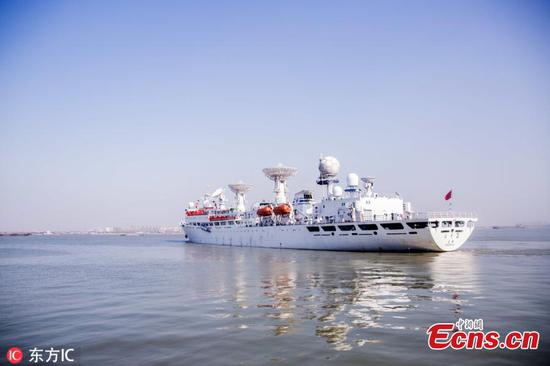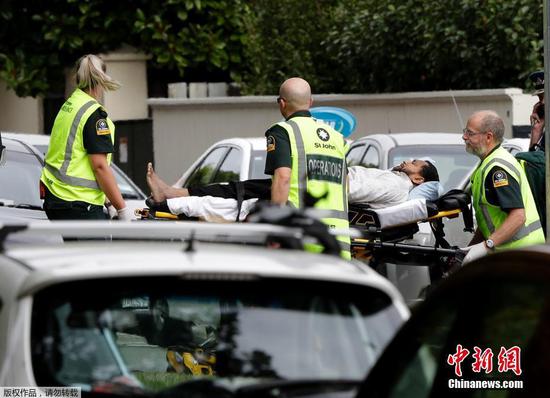Prime Minister Shinzo Abe reaffirmed his commitment to amend Japan's pacifist constitution as the country continues its military buildup by developing its first domestically manufactured long-range air-to-ship missiles.
At a graduation ceremony at Japan's National Defense Academy on Sunday, Abe pledged to amend Japan's constitution, which was drafted by the United States in 1947, and clarify the role of its Self-Defense Forces. Many said the amendment would effectively acknowledge the legal existence of the SDF and clarify its future responsibilities.
"The SDF has won the trust of 90 percent of the public," Abe said, "Now it's our turn to make all-out efforts to prepare an environment where SDF members can fulfill their duties with strong pride."
Abe noted in the speech that "70 to 80 percent of constitutional experts" had questioned whether the existence of SDF is unconstitutional because Article 9 of the country's constitution specifics that Japan will not maintain "land, sea and air forces as well as other war potential".
However, Abe and his supporters have argued that Article 9 does not deny the nation's right to defend itself against enemies and, therefore, the SDF is constitutional.
In his speech to the graduating students, Abe also promised to strengthen Japan's military capabilities in some cutting-edge areas including outer space.
"We'll push forward with reforms at a speed fundamentally different from the past to build defense capabilities for the next era so that our country can maintain its advantage in the areas of cyberspace and outer space, and electromagnetic waves," he said.
As a result, according to Yomiuri Shimbun, the nation's Defense Ministry is developing an air-to-ship long-range cruise missile capable of attacking enemy targets outside the reach of its air forces.
The newspaper said the so-called standoff missile will have a range of 400 kilometers and a speed of Mach 3, double the old ones' shooting range of 200 kilometers and will be three times faster.
Chu Yin, a professor at the Center for China and Globalization, a think tank based in Beijing, said the new missile will be Japan's first domestically made cruise missile and is definitely in conflict with its pacifist constitution.
"The development of such missiles with offensive capabilities is definitely out of line with Japan's peaceful constitution," Chu said.
However, Masanari Koike, a former member of Japan's House of Representatives saw otherwise.
"The new missile is not violating the constitution as it's anti-ship missile, not for ground attack," he said, adding that people shouldn't worry too much about the constitutional amendment as "the basic concept of pacifism will not change".









